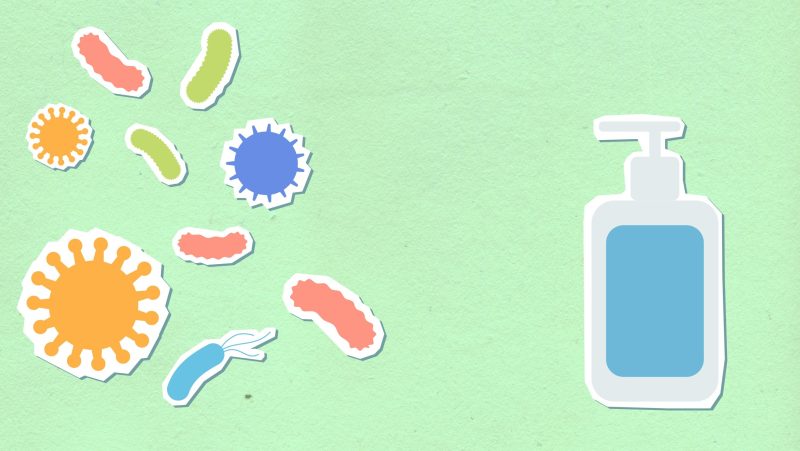
Clean up your act
As everyday cleaning products continue to harm the planet, with 68% of plastic detergent bottles going to landfill, experts from sustainable retailer, Ecovibe, explain four simple changes we can all make
The sometimes-higher prices of eco-friendly products can deter us from making sustainable switches. But for those that can afford to, what can using such products do in the long term when it comes to helping the planet?
Cleaning products are one of the worst culprits for causing environmental harm, yet many of us don’t consider switching these as a priority when thinking about becoming more eco conscious. With that in mind, here are four ways you could be saving the planet by swapping to sustainable options, and which eco labels to look out for:
1. Swapping to reusable products can reduce plastic pollution and water contamination
Many cleaning products are either made of or include single use plastic in their packaging. Anything from detergent bottles to antibacterial wipes, which whilst convenient, end up in landfill. By switching to reusable alternatives, such as glass spray bottles, soluble detergent sachets and organic cleaning cloths, you can not only limit the amount of waste going to landfill, but also protect our waterways from dangerous levels of contamination and blockages.
2. Swapping to compostable can nourish soil and reduce plastic pollution
J cloths, scourers and plastic sponges, all common in UK cleaning cupboards, can contain petrochemicals, which mean they cannot be broken down when disposed of, contributing to plastic pollution. This is why compostable alternatives are much kinder to the planet, saving on waste.
Compostable products break down into natural elements, meaning they give important nourishment to the soil. Alternatives that leave zero waste include coconut fibre scourers or compostable sponges.
3. Swapping to non-toxic cleaners can save our oceans and essential marine life
Many deep cleaning products are effective, but harsh on both surfaces and the environment as they contain toxic chemicals to remove dirt and grime. These chemicals are washed into streams and rivers, with some persisting in the environment and entering the food chain through marine life. It’s crucial to keep our oceans healthy, as they not only make up 80% of the world’s biodiversity, but also regulate the climate.
Switching to nontoxic cleaners with ingredients, such as plant extracts, alcohols at less than 0.4% and quaternary ammonium compounds, helps to reduce ocean toxification levels and encourage biodiversity. As more marine life becomes toxic, the price of seafood will continue to increase too!
4. Swapping to recycled products or bottles will dramatically reduce carbon emissions
A report by the Association of Plastic Recyclers revealed that using recycled plastic materials could reduce greenhouse emissions by at least 67%. Switching to recycled products, whether it be a detergent, toilet cleaner or cloth, will make a big impact on the climate over time. Less raw materials are required for recycled products too, meaning they save precious resources. Once raw materials become scarce, products will consequently rise in price, making ‘cheaper’ alternatives the costly option overall.





